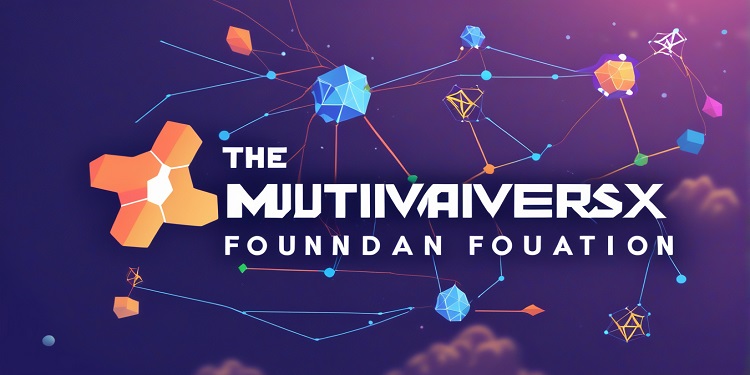 As per the tech research company Gartner, lack of interoperability norms will discourage extensive implementation of blockchain across the banking and finance industry for a minimum of three years.
As per the tech research company Gartner, lack of interoperability norms will discourage extensive implementation of blockchain across the banking and finance industry for a minimum of three years.
“Blockchain standards for financial services companies are fragmented and immature,” said Monday Fabio Chesini, Gartner’s Senior Research Director. “We are three to five years until standards mature and settle,” Chesini stated at the Gartner IT Symposium / Xpo, which is scheduled to end Wednesday.
For financial services organizations, standards are vital since they continually move resources between customers, associates and other organizations.
Today, company chief information officers (CIOs) can select from various blockchains, accessible from either business-level models, such as Corda, Hyperledger, and Digital Asset, or from various public blockchain norms, such as Bitcoin, Ethereum, Cardano, EOS, and Tezos.
All of them attempt to turn into legitimate government system for value transfer and depiction of digital assets, smart contracts and decentralized apps. This shows that the different norms are inconsistent. “Bank CIOs must be mindful of this nascent and fragmented state of blockchain standards. It is unlikely there will be a single de facto standard, like in the Open Systems Interconnection (OSI) model, at all levels. Given how new and fragmented the state of blockchain standards is, we expect no more than four standards to lead the market in 3-5 years,” Chesini said.
Along with norms, Chesini cautioned financial sector CIOs of three potential roadblocks when implementing blockchain plans— governance, inclusion, and interoperability. Blockchain surveillance is essential because it oversees ecosystem-wide operations and offers legitimate guarantees that random judgments will not be drawn against other members as an exercise of authority.
Integration must be flawlessly carried out with earlier installed software applications to attain the real capacity of blockchain.
However, large tech firms and software-as-a-service (SaaS) providers do not offer blockchain systems as add-on modules to their enterprise software.
As a consequence, financial services organizations paid a heavy price to retain and reintegrate blockchain applications into their new and prevailing enterprise software platforms, Gartner said.
“As financial services companies constantly move financial instruments and assets to other financial services companies and partners, cross-industry interoperability standards are, and will be, critical,” Chesini said.








